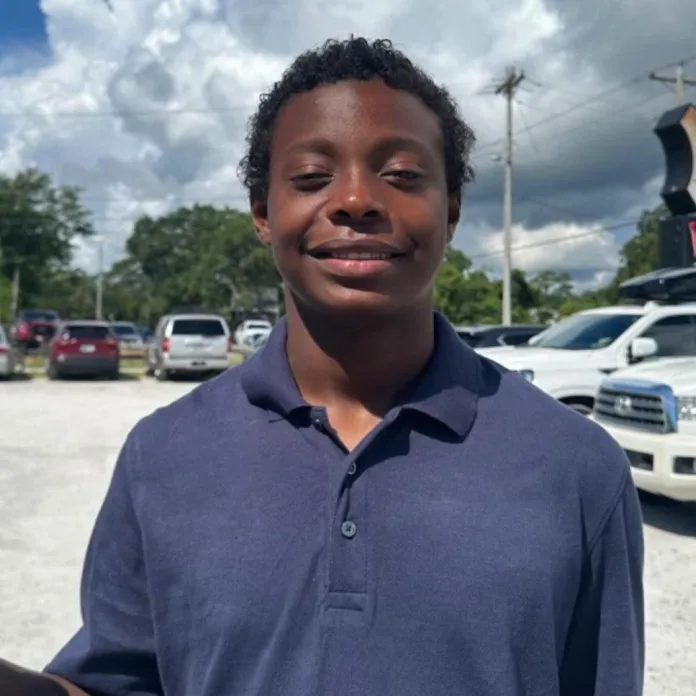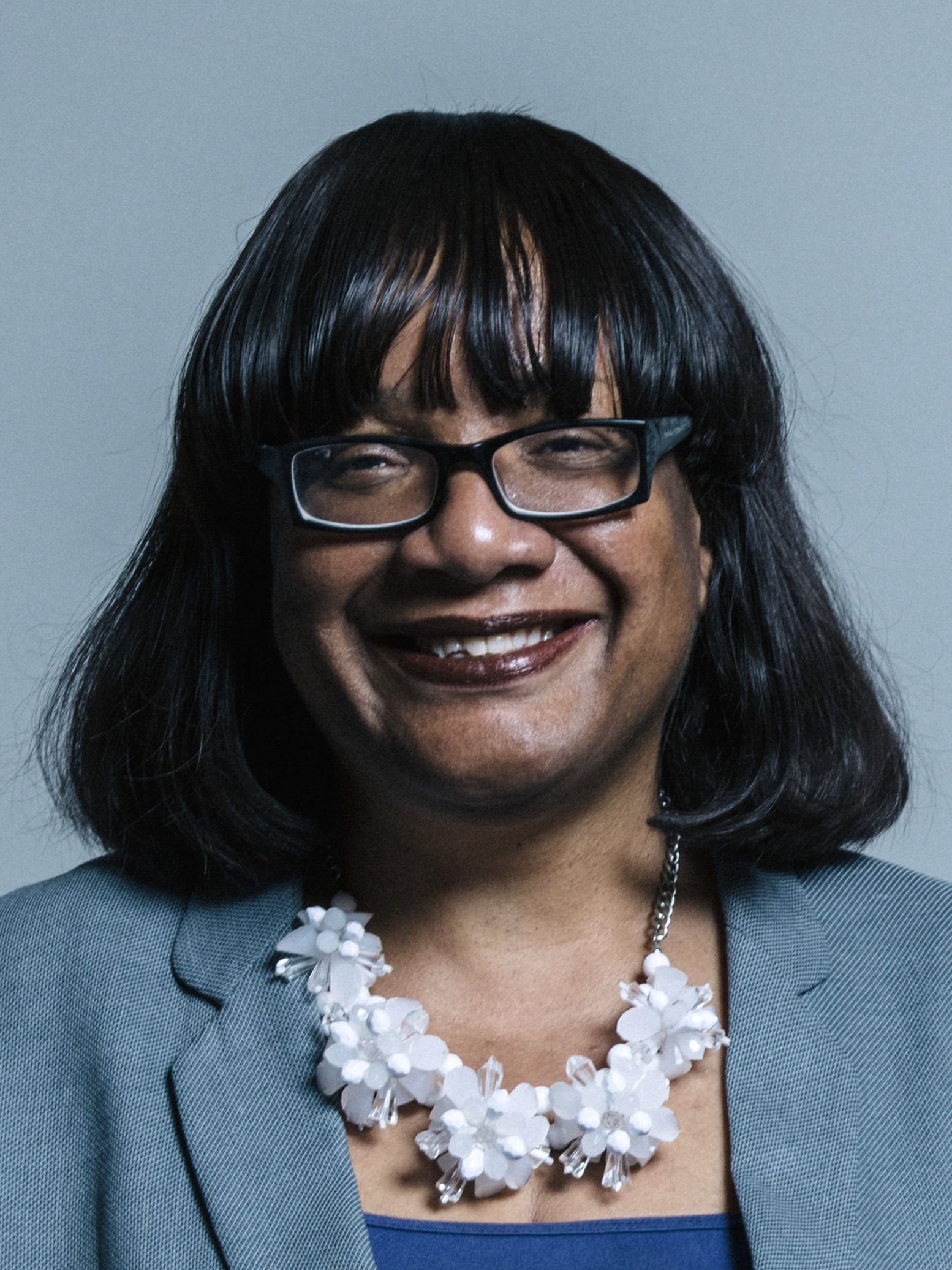On Ryan, Diane, and Wishes
As I take a moment to reflect on the week, like I do every Friday, I think about how much I want my people to feel safe, seen, heard, and rested.
I think about Ryan Gainer and how he should still be here if law enforcement officers were taught that the intersection of race and ASD often leads to fatal action at the hands of those claiming to serve and protect. I think about how his family will never be settled. I fear for the next Black person on the spectrum who finds themselves dealing with the police.
I think about Dianne Abbott and how she should be able to speak truth to power without being silenced and diminished by people of pallor who can't fathom the reality that their niceties are neatly packaged hatred. I think about the calls for violence against her life led by a pale millionaire who will likely face no repercussions for his rhetoric.
I sit with all of this and wonder why this is part of the Black existence, this pervasive fear for our lives, livelihood, and safety. Questions pop into my head:
How does it feel to be carefree and never honestly think about your life constantly being on the line for just existing?
What would people of pallor do if they were looking at a lifetime of scrutiny and danger for doing everyday things they take for granted?
What if having a disability increased their chances of being harmed by society because of the melanin in their skin?
Would people of pallor tell the truth about their traumatic experiences at the hands of the so-called dominant class if their lives and livelihood were in danger because of the discomfort those truths caused?
I ask those questions and then check myself because I know these questions never arise for most people of pallor. I know they never put themselves in our shoes; even if they did, they'd complain about the fit.
I wish Black lives and safety weren't a novelty.
I wish we could rest with a deep, whole-body rest that allows our bodies and brains to cry, exhale, and cry some more until we feel less weary.
I wish for things I'll never see in my lifetime, but that doesn't mean I'll stop wishing.
I want my people to feel safe, seen, heard, and rested.
I know that's too much to ask for in a world fueled by white supremacy.
[Image description: Two images. The first picture is of a young Black man from California named Ryan Gainer. He can be seen smiling at the camera while standing in a parking lot. The second picture is of a Black woman named Diane Abbott. She was the first Black woman elected to the British Parliament. She is seen smiling at the camera.]




